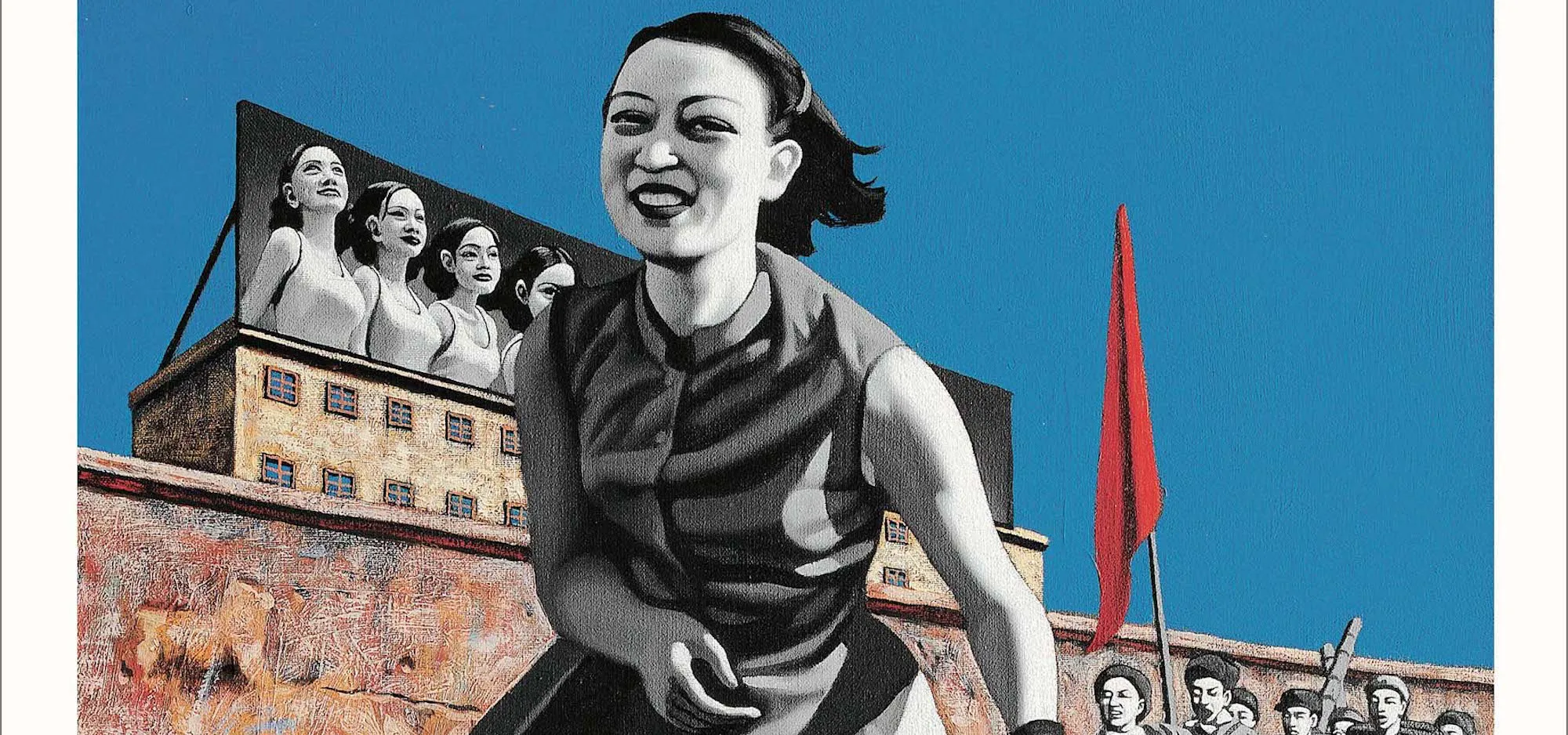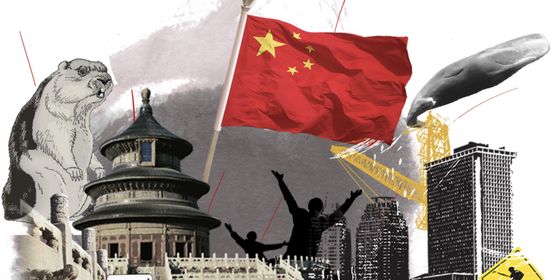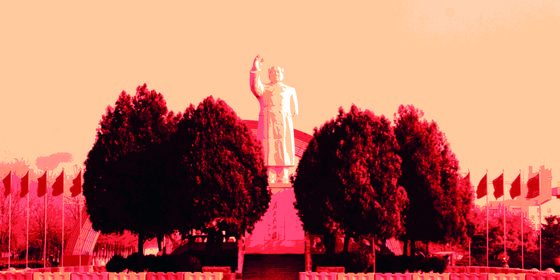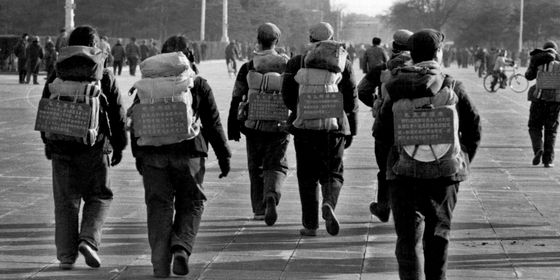In Yan Lianke's "Hard Like Water," eroticism and class conflict overlap within the Maoist vanguard of the Cultural Revolution
Counter-intuitive as it may sound, Daoism and Maoism shared a core belief—that contradiction is life’s driving force. That something is only endowed meaning through knowledge of its antithesis is the leitmotif of the classic Daoist text, Daodejing (《道德经》), while the Chairman subscribed to Karl Marx’s dictum that all social change is driven by the clash of opposing forces.
So Yan Lianke’s decision to reference the ancient Daoist sage Laozi in the title of his 2001 novel Hard Like Water (finally translated into English by Carlos Rojas, published in June 2021), a first-person narrative from a Maoist fanatic carving his niche during the Cultural Revolution, is less strange than it would seem. “Nothing under heaven is as yielding as water,” states the Daodejing, which is attributed to Laozi. “And yet in attacking the hard, the unyielding, nothing can surpass it.”
The reference becomes both the battle cry of egotistical 20-something ex-soldier Gao Aijun, but also takes on a sexual edge as Yan explores the intersection of class conflict and eroticism within Mao’s revolutionary vanguard. Fancying himself as a new Mao Zedong, Gao has left the army to pursue revolution (and women) in his hometown of Chenggang, Henan province, a “stagnant pool” of a town dominated by the tangled webs of cadre relations, a national-heritage Song dynasty (960 – 1279) temple, and seductive love interest Xia Hongmei, an ardent believer in proletarian class struggle who has toenails painted scarlet “like miniature setting suns” and nipples “like tiny red umbrellas.”
It’s this distinctive imagery that transforms Chenggang’s collection of thatched-roof houses and lice-ridden citizens into something rich and strange, where intense but invisible entities take on density and color. The sun sets “with a clatter.” Time can move with the sluggishness of coagulated pig-lard, or harden into perilous “shards” that whiz past Gao when the heat is on. Music flutters to the ground like snowflakes, or cascades over a cliff like glittering pearls. Screams are “plum-colored,” “blazing white,” or “a fiery red,” jealous oaths are clothed in “greenish-purple” words.
The reader eagerly jogs to keep up with Gao’s quick-striding machinations. He wields the weapon of Mao’s Revolution to unseat virtuous superiors, and climbs the career path of a petty Party cadre to retain Xia’s lustful affections. This is the primary contradiction that drives the novel forward: Although both are married to someone else, and adultery is a bourgeois act of love in Mao’s China, Gao and Xia’s desire to forward class struggle is bound to their lust. It is viscerally symbolized by Gao being impotent until he hears joyous Red opera blaring out of loudspeakers during the novel’s frequent sex scenes, thrusting to the beat of his favorite marching tunes.
Maoist cadres having extra-marital affairs placed themselves at extreme risk—female cadres were often publicly shamed by having to wear pairs of old shoes round their necks, and up until the 2016 amendment to the CPC's disciplinary measures, adultery among Party members was punishable by removal from one's job or expulsion from the Party. Even Jiang Qing, Mao’s fourth wife whom he courted while already married to someone else, was described by newspapers for a considerable period of time simply as Mao’s “close comrade-in-arms.” But Yan’s exploration of this taboo element of Maoist revolution, of the gap between rhetoric and reality, was in line with several memoirs of the Cultural Revolution (like the romanticized Red Azalea) published in the 1990s and early 2000s. Despite the Party line of zero-tolerance towards anything other than heterosexual sex between married couples, research at the turn of the millennium found plenty of opportunity for sexual deviation (both consensual and otherwise) at grassroots level in the 1960s and 70s.













